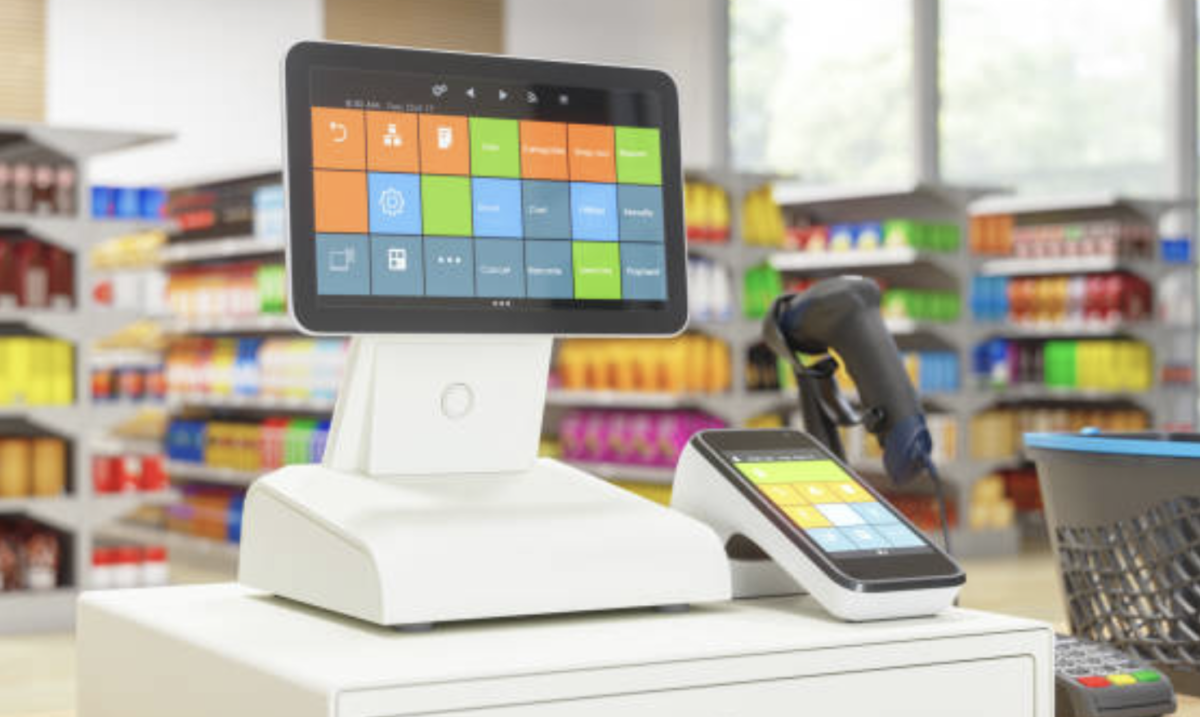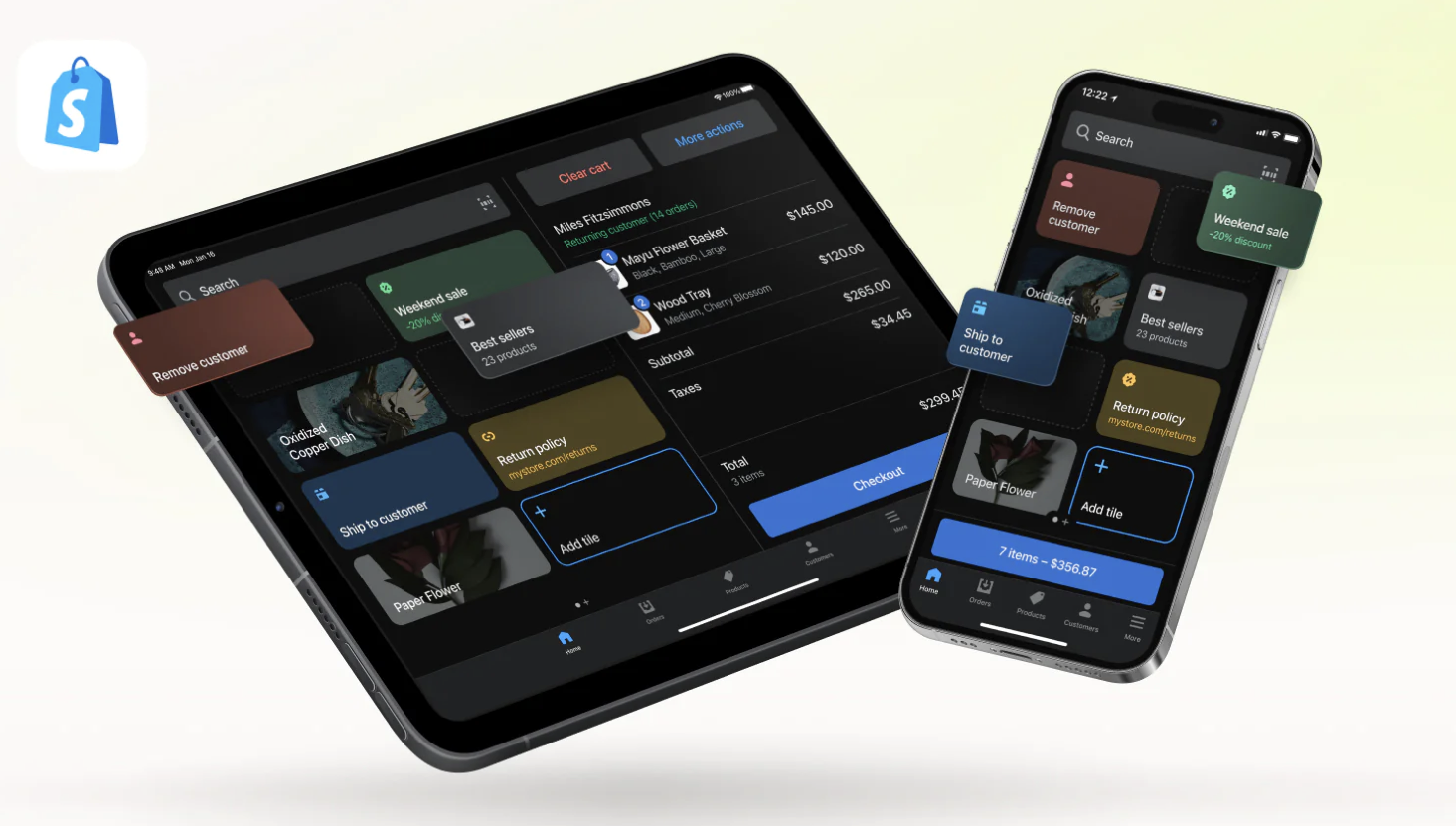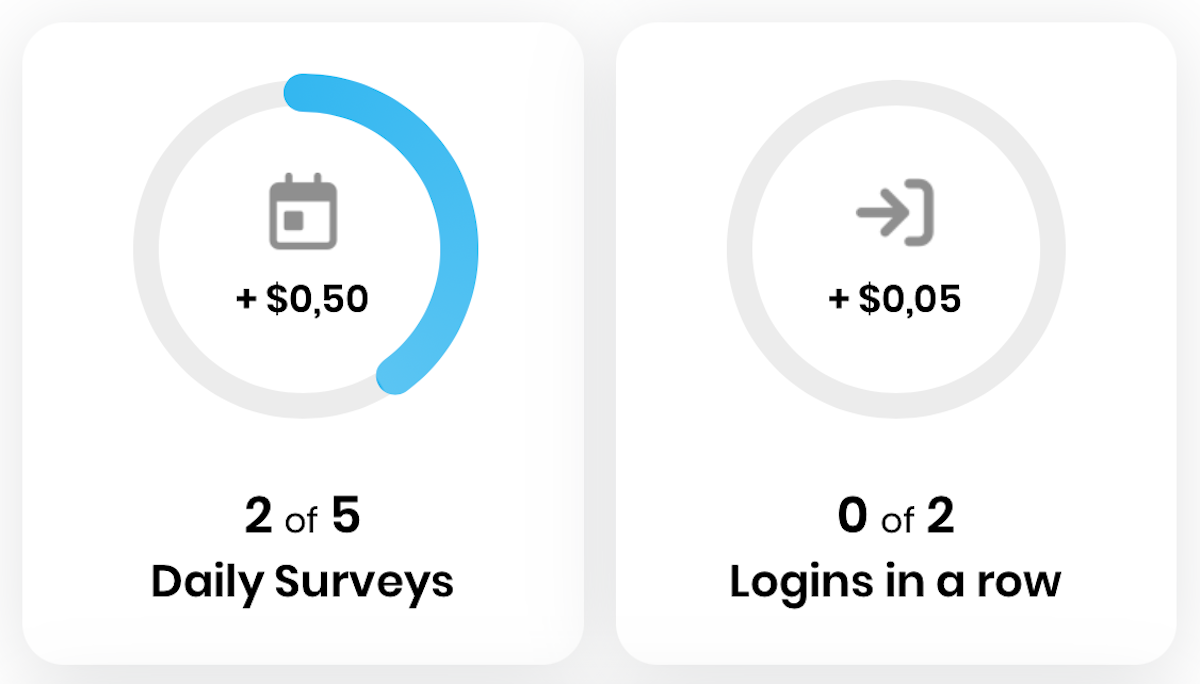Choosing a point of sale (POS) system is an important decision for any business, as it directly impacts sales transactions, inventory management, and overall operational efficiency. Here are some factors to consider when selecting a POS system:
Features and Functionality: Assess your business needs and prioritize the features you require. Common features include sales tracking, inventory management, reporting, employee management, integration with other systems (e.g., accounting software), and support for multiple payment methods. Consider whether the system supports your specific industry requirements, such as table management for restaurants or appointment scheduling for service-based businesses.
Scalability: Consider the scalability of the POS system. Will it be able to accommodate your business’s growth? If you plan to expand or open additional locations, ensure that the POS system can handle multiple stores and has the necessary capabilities to support your future needs.
User-Friendliness: The system should be intuitive and easy for your staff to learn and use. A complex or overly complicated interface may result in errors, slower service, and longer training periods.
Integration Capabilities: If you already use other business software or systems (e.g., accounting, e-commerce), determine if the POS system integrates with them. Integration can streamline operations and reduce manual data entry.
Hardware Compatibility: Consider whether the POS system is compatible with your existing hardware (e.g., cash registers, barcode scanners, receipt printers) or if you need to invest in new equipment. Also, check if the system offers mobility options, such as support for tablets or smartphones.
Security and Compliance: Ensure that the POS system provides robust security measures to protect customer data and comply with industry standards, such as PCI DSS (Payment Card Industry Data Security Standard).
Cost: Evaluate the pricing structure of the POS system, including upfront costs, ongoing fees (e.g., licensing, maintenance, support), and any additional charges for hardware or software updates. Consider the value provided by the system and how it aligns with your budget.
Customer Support and Training: Determine the level of customer support offered by the POS system provider. Consider factors like availability, response time, and the quality of support resources (e.g., documentation, training materials). Adequate training and ongoing support are crucial to ensuring a smooth implementation and operation of the POS system.
Reviews and Reputation: Research customer reviews, ratings, and testimonials about the POS system and the company providing it. Assess their track record, customer satisfaction, and reliability.
Demo and Trial: Whenever possible, request a demo or trial of the POS system to assess its usability and functionality firsthand. This can help you make an informed decision based on your specific business requirements.
By considering these factors and conducting thorough research, you can choose a POS system that aligns with your business needs, enhances operational efficiency, and supports your growth objectives.





